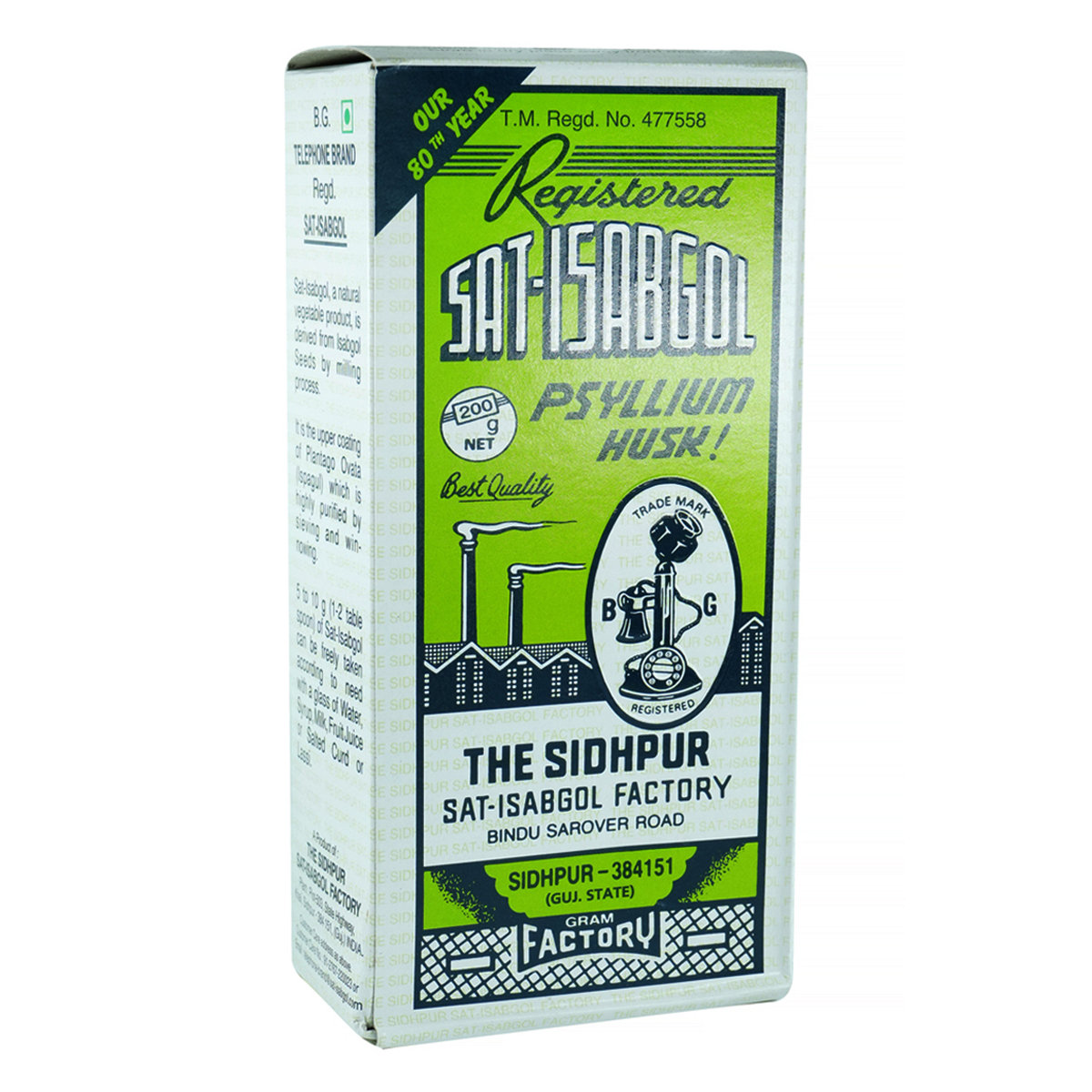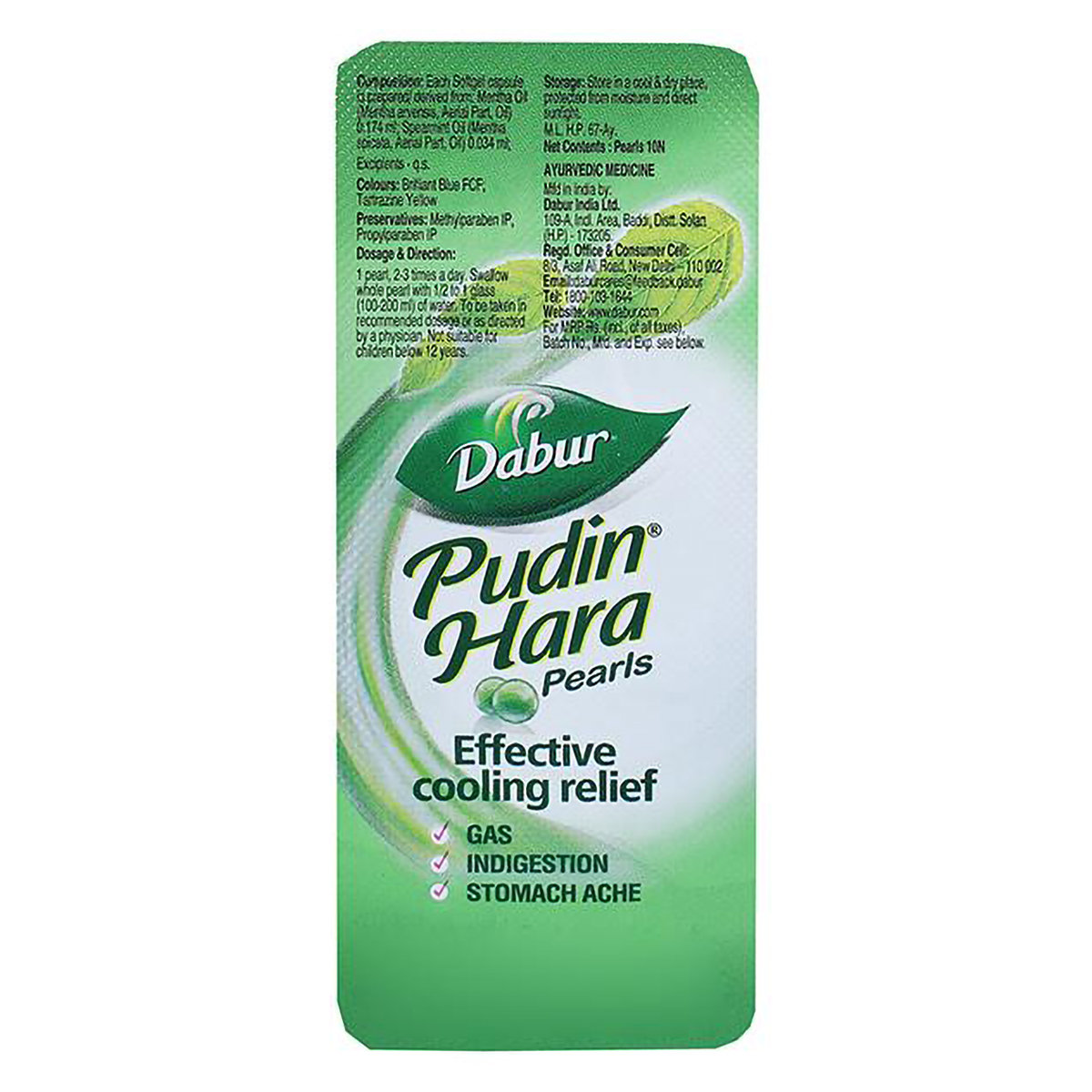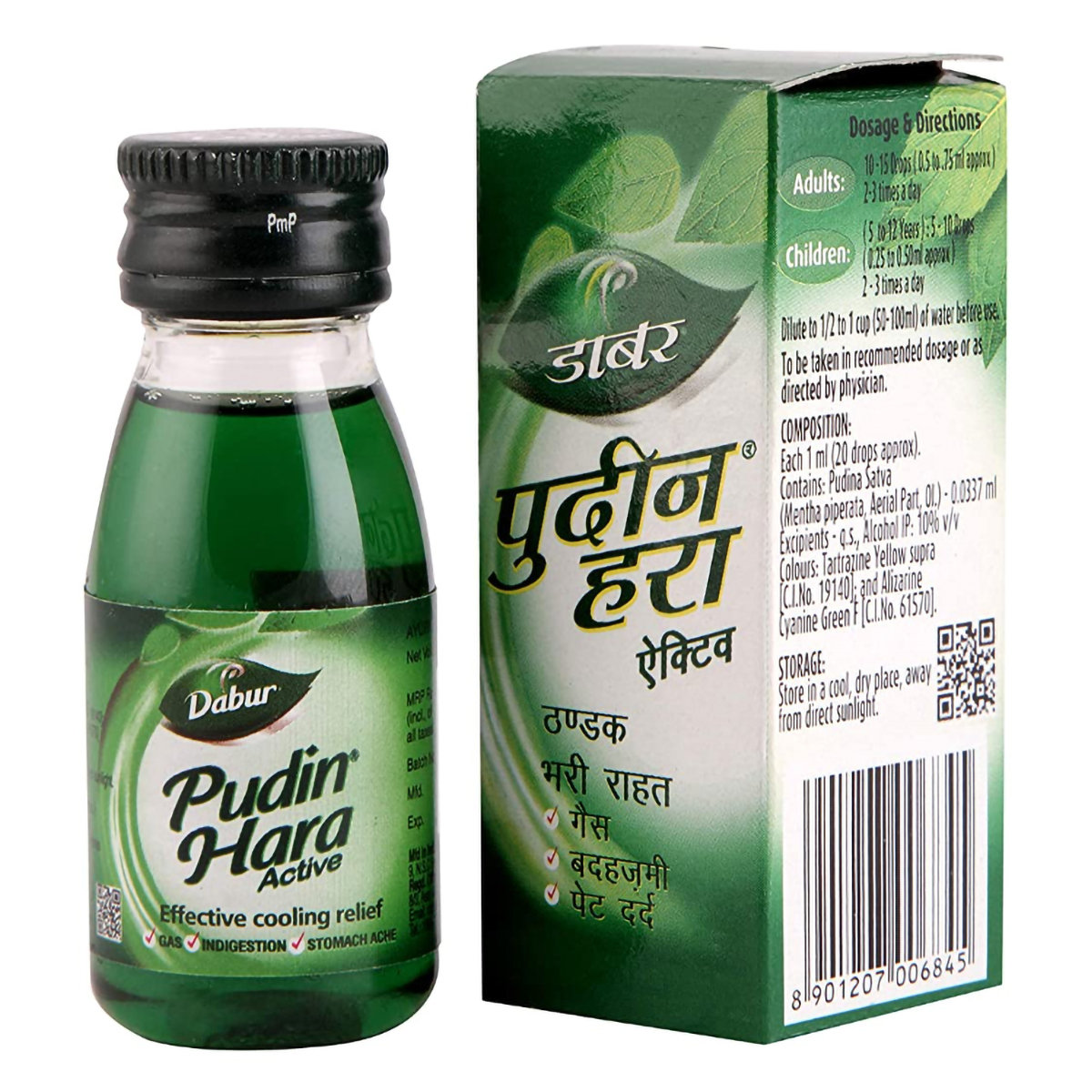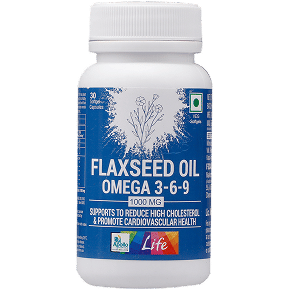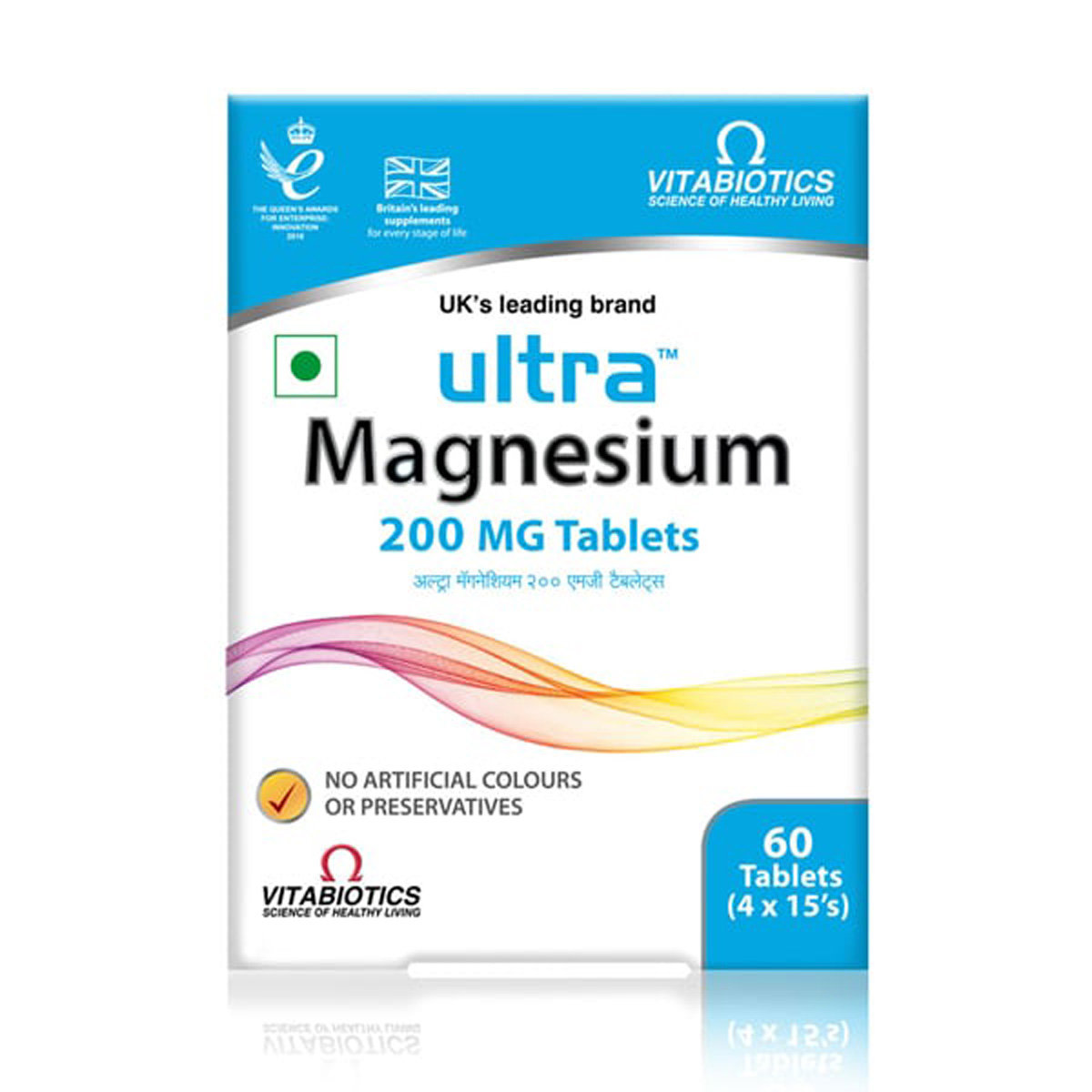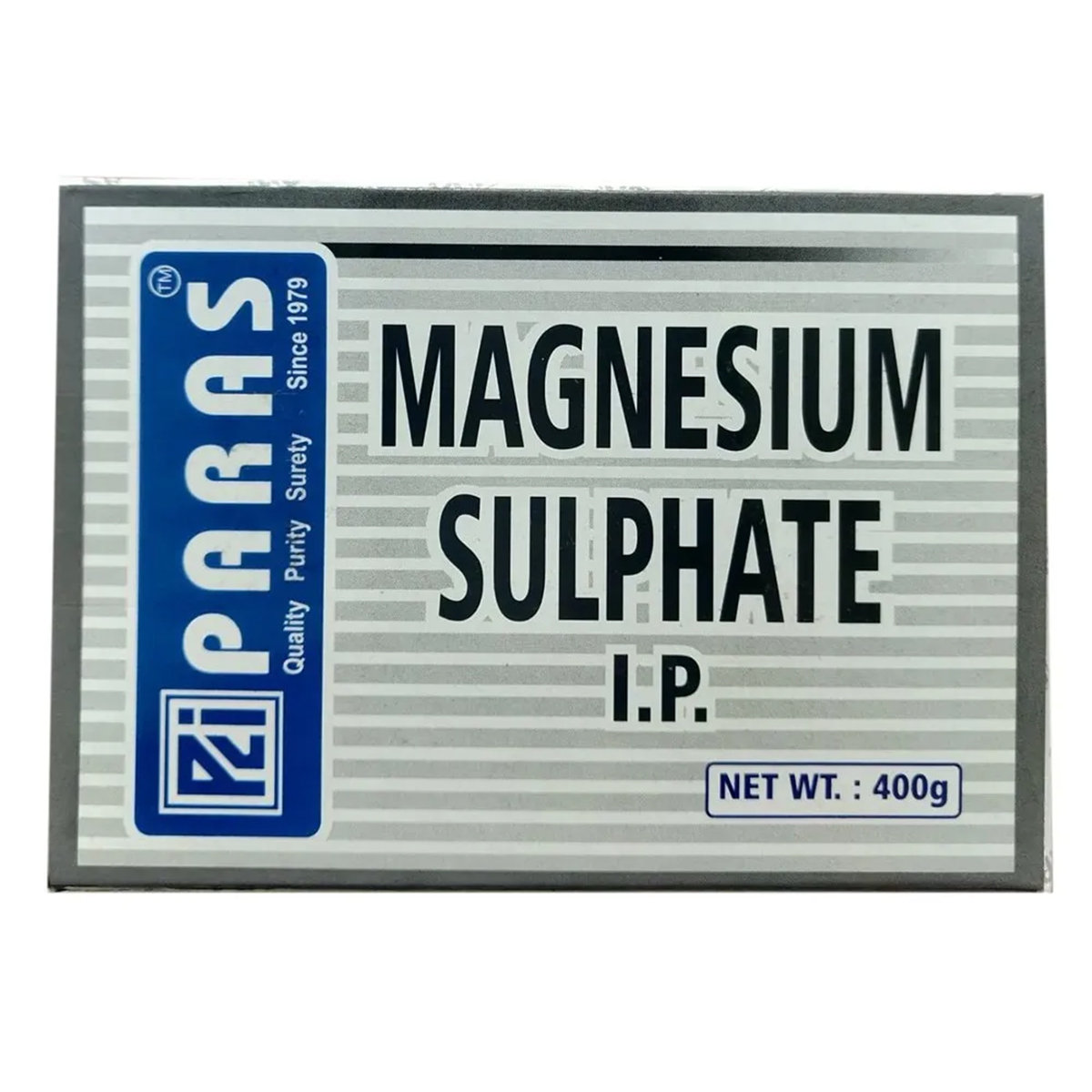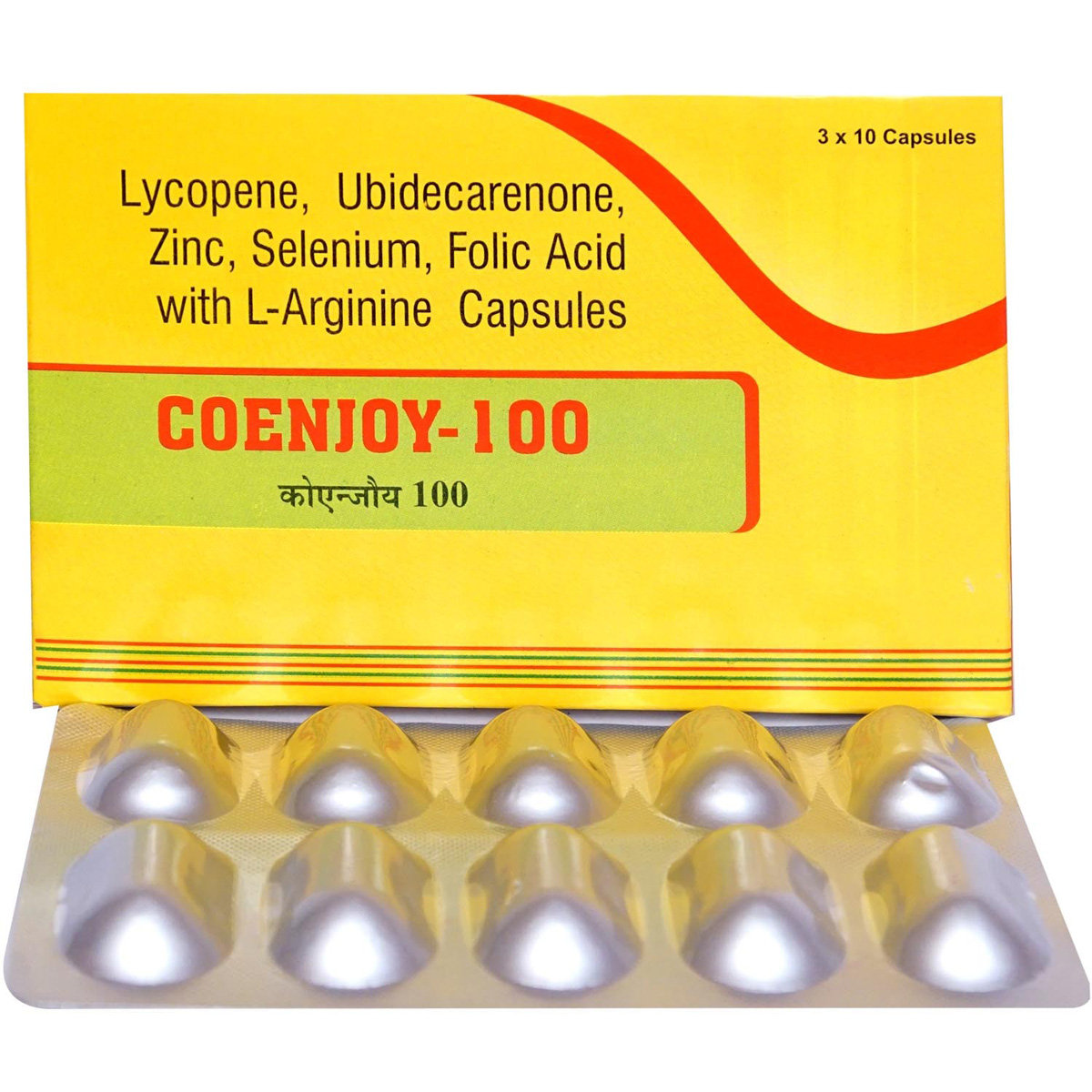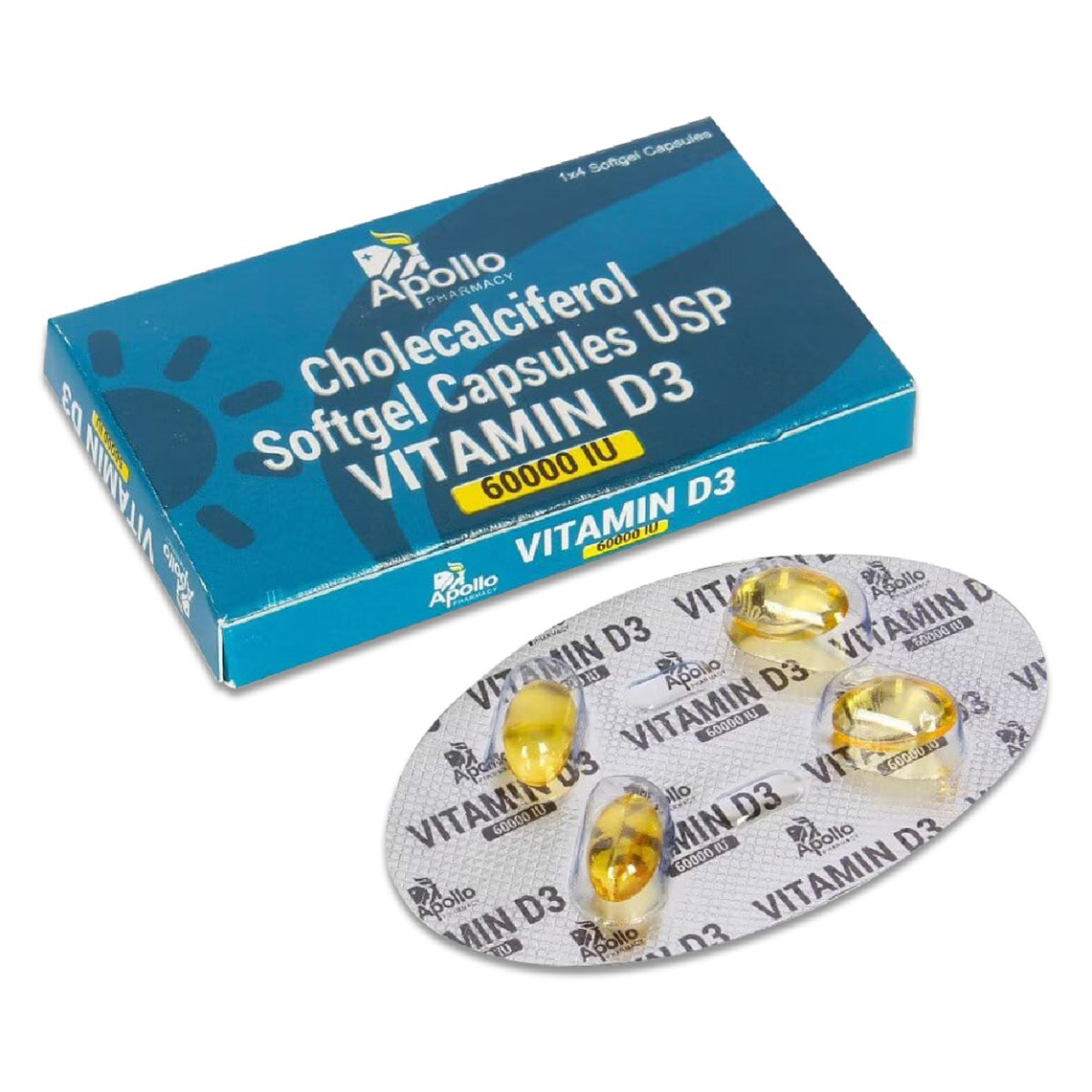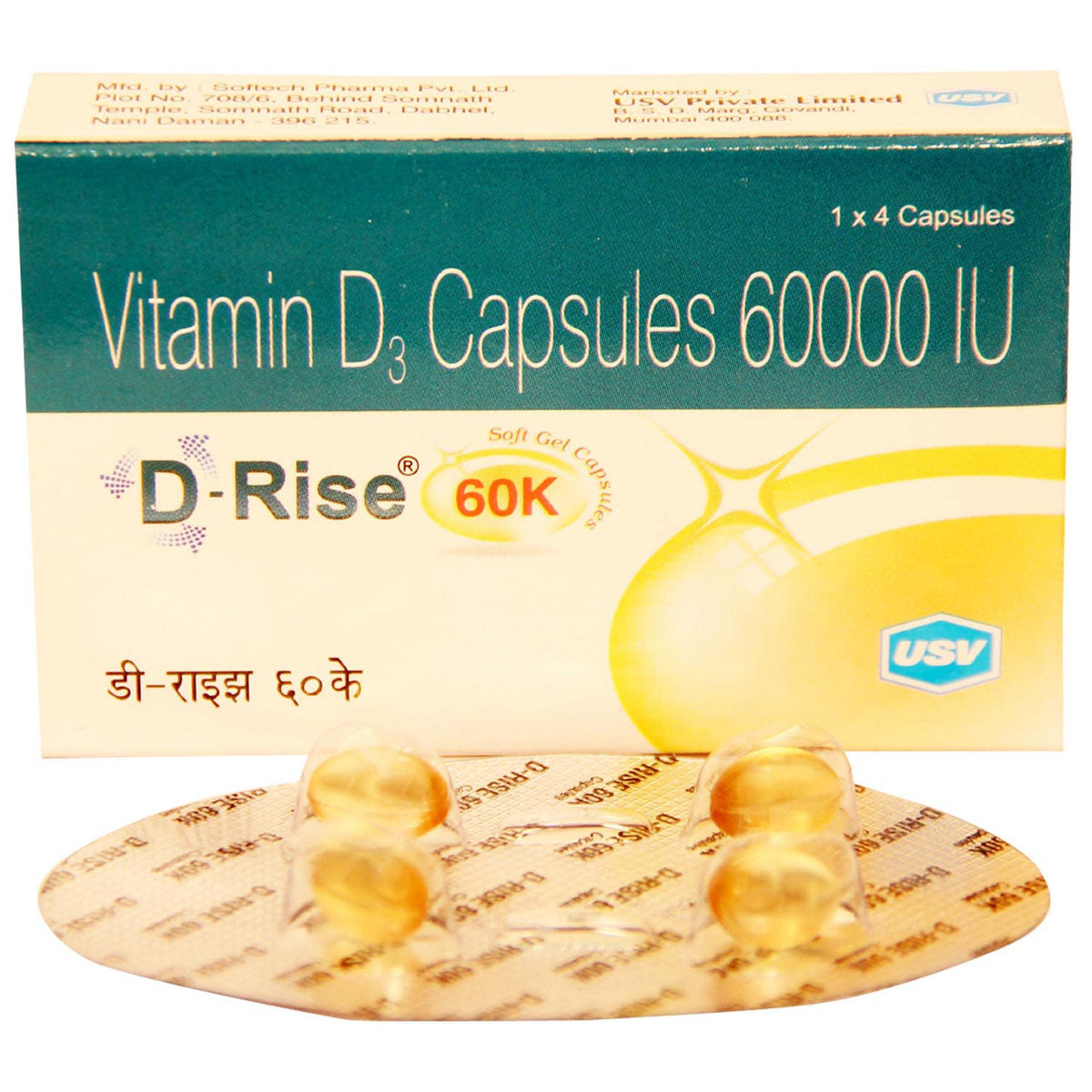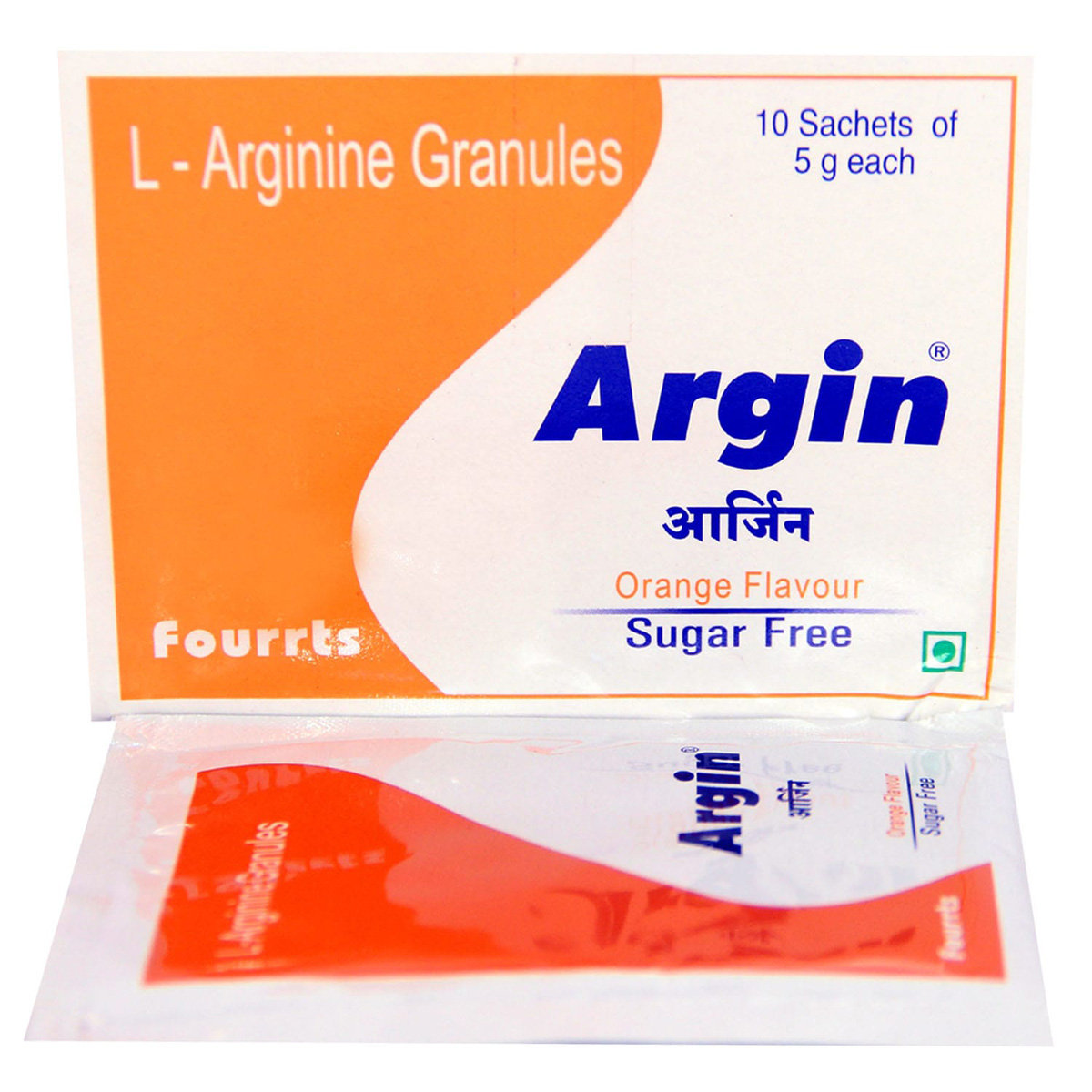Fenoxene Injection 1ml

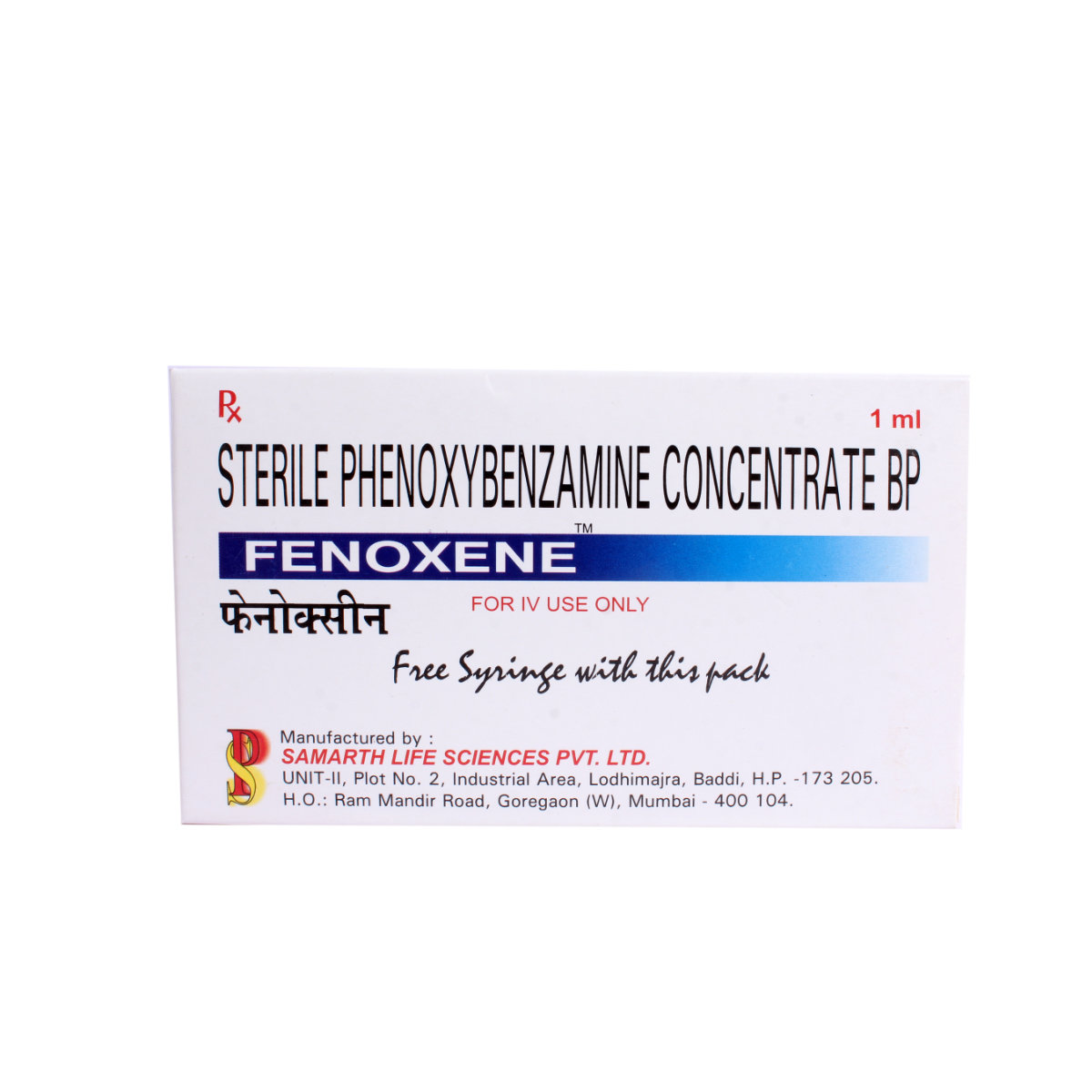
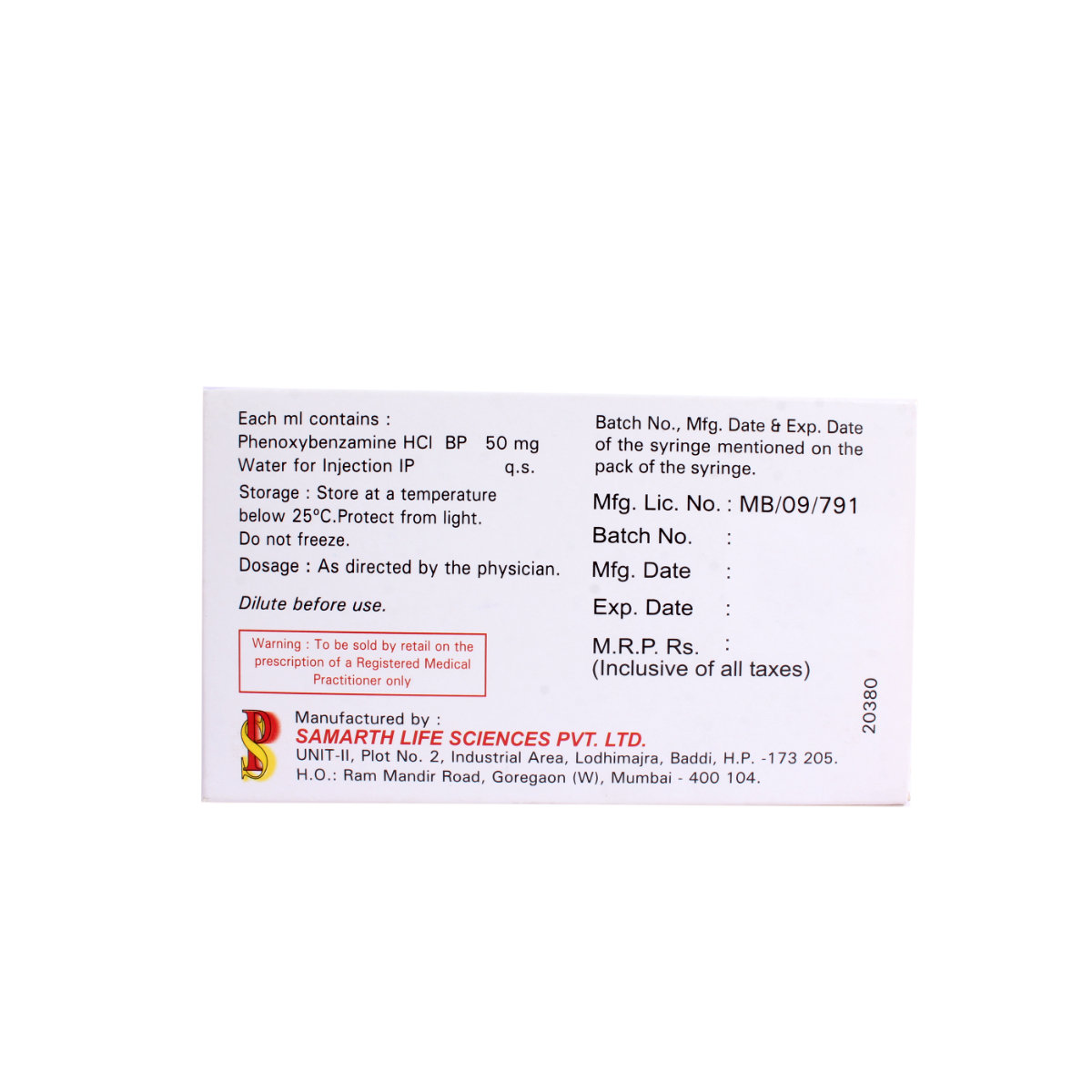
MRP ₹2688.5
(Inclusive of all Taxes)
₹322.6 Cashback (12%)
know your delivery time
Provide Delivery Location
Composition :
Manufacturer/Marketer :
Consume Type :
Expires on or after :
Return Policy :

Secure Payment

Trusted by 8 Crore Indians

Genuine Products
Therapeutic Class
Country of origin
Manufacturer/Marketer address
Disclaimer
Alcohol
Safe if prescribed
Avoid consumption of alcohol while on treatment with Fenoxene Injection 1ml as it may increase the risk of dangerously low blood pressure.
Pregnancy
Consult your doctor
Fenoxene Injection 1ml is not recommended for pregnant women unless clearly necessary. Therefore, if you are pregnant or planning pregnancy, please inform your doctor before receiving Fenoxene Injection 1ml.
Breast Feeding
Consult your doctor
Fenoxene Injection 1ml is usually not recommended for breastfeeding mothers. Therefore, please inform your doctor if you are a breastfeeding mother before receiving Fenoxene Injection 1ml.
Driving
Safe if prescribed
Fenoxene Injection 1ml may cause dizziness or light-headedness in some people. Therefore, avoid driving if you feel dizzy or lightheaded after taking Fenoxene Injection 1ml.
Liver
Consult your doctor
Inform your doctor if you have a history of liver diseases/conditions. The dose may be adjusted by your doctor as required.
Kidney
Consult your doctor
Inform your doctor if you have a history of Kidney diseases/conditions. The dose may be adjusted by your doctor as required.
Children
Safe if prescribed
Fenoxene Injection 1ml is not recommended for children unless advised by the doctor.
Product Substitutes
About Fenoxene Injection 1ml
Fenoxene Injection 1ml belongs to a group of medicines called antihypertensives used to treat hypertension (high blood pressure) caused by phaeochromocytoma (tumour of the adrenal glands). Hypertension is a condition in which the force of blood against the artery walls is very high. It will be an addition to the workload of the heart and arteries.
Fenoxene Injection 1ml contains Phenoxybenzamine, an alpha-blocker that opposes certain hormones produced by the tumour of the adrenal gland that constricts and narrows blood vessels. Thereby, it relaxes and widens blood vessels and lowers increased blood pressure.
Fenoxene Injection 1ml will be administered by a healthcare professional; do not self-administer. In some cases, you may experience dizziness, lightheadedness, blocked nose, diarrhoea, tiredness, narrowing of the pupil of the eye or ejaculation failure during intercourse. Most of these side effects do not require medical attention and gradually resolve over time. However, if the side effects persist, please consult your doctor.
If you are allergic to Fenoxene Injection 1ml or any other medicines, please tell your doctor. Fenoxene Injection 1ml is not recommended for children unless advised by a doctor. If you are pregnant or breastfeeding, please consult a doctor. Avoid taking Fenoxene Injection 1ml if you ever had a heart attack or stroke. You are recommended to avoid alcohol consumption with Fenoxene Injection 1ml as it may increase the risk of dangerously low blood pressure. Drive only if you are alert as Fenoxene Injection 1ml may cause dizziness or light-headedness.
Uses of Fenoxene Injection 1ml
Medicinal Benefits Mweb
Key Benefits
Fenoxene Injection 1ml contains Phenoxybenzamine used to treat high blood pressure caused by phaeochromocytoma (tumour of the adrenal glands). Fenoxene Injection 1ml opposes the action of certain hormones produced by the tumour of the adrenal gland that constricts and narrows blood vessels. Thereby, it relaxes and widens blood vessels and lowers high blood pressure.
Directions for Use
Side Effects of Fenoxene Injection 1ml
- Dizziness
- Nausea
- Vomiting
- Lightheadedness
- Blocked nose
- Diarrhea
- Tiredness
- Tachycardia (increased heart rate)
- Narrowing of the pupil of the eye
- Ejaculation failure during intercourse
Drug Warnings
If you are allergic to Fenoxene Injection 1ml or any other medicines, please tell your doctor. Fenoxene Injection 1ml is not recommended for children unless advised by a doctor. If you are pregnant or breastfeeding, please consult a doctor. Avoid taking Fenoxene Injection 1ml if you ever had a heart attack or stroke. You are recommended to avoid alcohol consumption with Fenoxene Injection 1ml as it may increase the risk of dangerously low blood pressure. Drive only if you are alert as Fenoxene Injection 1ml may cause dizziness or light-headedness. If you take any medicines to treat heart problems or blood pressure, please inform your doctor before taking Fenoxene Injection 1ml.
Drug-Drug Interactions
Drug-Drug Interactions
Login/Sign Up
Co-administration of Tizanidine and Fenoxene Injection 1ml can reduce your blood pressure, which may lead to side effects.
How to manage the interaction:
Although taking Fenoxene Injection 1ml and Tizanidine together can result in an interaction, it can be taken if a doctor has prescribed it. However, if you experience lightheadedness, dizziness, headache, or fainting, consult a doctor. Use caution while getting up from a sitting or lying position. Avoid driving or operating dangerous machinery. Do not discontinue any medications without a doctor's advice.
Drug-Food Interactions
Drug-Food Interactions
Login/Sign Up
Drug-Diseases Interactions
Drug-Diseases Interactions
Login/Sign Up
Drug-Drug Interactions Checker List
- AMLODIPINE
- BISOPROLOL
- ATENOLOL
- ENALAPRIL
- CAPTOPRIL
Habit Forming
Special Advise
- Monitor your blood pressure regularly, and if you notice any fluctuations, please consult a doctor.
Diet & Lifestyle Advise
- Maintain a low-salt diet and minimize eating processed foods as they contain more sodium. Try to replace salt with spices or herbs to add flavour to the food.
- Do regular exercise such as cycling, walking, jogging, dancing, or swimming for a minimum of 30 minutes per day.
- Chronic stress may also cause high blood pressure. Therefore, avoid stress by changing your expectations, reacting in certain situations, and doing activities that you enjoy by making time for yourself.
- Maintain a diet that is rich in fruits, vegetables, whole grains, and low-fat dairy products.
- Try to include heart-healthy omega-3 fatty acid-containing foods in your daily diet. You can also use low-fat cooking oil like olive oil, soybean oil, canola oil, and coconut oil which may help in lowering high blood pressure.
- Quit smoking and avoid the consumption of alcohol.
All Substitutes & Brand Comparisons
RX
Out of StockBiophenox 50Mg Inj
United Biotech Pvt Ltd
₹1550
(₹1395.0 per unit)
41% CHEAPERRX
Out of StockZaxyben 50mg Injection
Molekule (India) Pvt Ltd
₹1768.7
(₹1591.83 per unit)
32% CHEAPER

Have a query?
Buy best Cardiology products by
Torrent Pharmaceuticals Ltd
Sun Pharmaceutical Industries Ltd
Lupin Ltd
Intas Pharmaceuticals Ltd
Cipla Ltd
Micro Labs Ltd
Macleods Pharmaceuticals Ltd
Abbott India Ltd
Ajanta Pharma Ltd
Ipca Laboratories Ltd
Eris Life Sciences Ltd
Mankind Pharma Pvt Ltd
Lloyd Healthcare Pvt Ltd
Dr Reddy's Laboratories Ltd
Glenmark Pharmaceuticals Ltd
Emcure Pharmaceuticals Ltd
Alembic Pharmaceuticals Ltd
Alkem Laboratories Ltd
East West Pharma India Pvt Ltd
USV Pvt Ltd
Zydus Healthcare Ltd
Aristo Pharmaceuticals Pvt Ltd
Elbrit Life Sciences Pvt Ltd
J B Chemicals & Pharmaceuticals Ltd
Zydus Cadila
Akumentis Healthcare Ltd
Alteus Biogenics Pvt Ltd
Hbc Life Sciences Pvt Ltd
Fusion Health Care Pvt Ltd
Troikaa Pharmaceuticals Ltd
La Renon Healthcare Pvt Ltd
Corona Remedies Pvt Ltd
Jubilant Lifesciences Ltd
Medley Pharmaceuticals Ltd
Knoll Healthcare Pvt Ltd
Msn Laboratories Pvt Ltd
Zuventus Healthcare Ltd
Cadila Pharmaceuticals Ltd
Blue Cross Laboratories Pvt Ltd
Lividus Pharmaceuticals Pvt Ltd
Morepen Laboratories Ltd
Ranmarc Labs
Shrrishti Health Care Products Pvt Ltd
Sanofi India Ltd
Steris Healthcare
Elder Pharmaceuticals Ltd
Primus Remedies Pvt Ltd
Unison Pharmaceuticals Pvt Ltd
Eswar Therapeutics Pvt Ltd
Knoll Pharmaceuticals Ltd
Tas Med India Pvt Ltd
Systopic Laboratories Pvt Ltd
Indiabulls Pharmaceuticals Pvt Ltd
Leeford Healthcare Ltd
Sinsan Pharmaceuticals Pvt Ltd
Biochem Pharmaceutical Industries Ltd
Cadila Healthcare Ltd
Azkka Pharmaceuticals Pvt Ltd
Nirvana India Pvt Ltd
Orsim Pharma
Prevego Healthcare & Research Pvt Ltd
Econ Healthcare
Elinor Pharmaceuticals (P) Ltd
FDC Ltd
Sunij Pharma Pvt Ltd
Nicholas Piramal India Ltd
Astra Zeneca Pharma India Ltd
Pfizer Ltd
Lia Life Sciences Pvt Ltd
Shine Pharmaceuticals Ltd
Elicad Pharmaceuticals Pvt Ltd
Indoco Remedies Ltd
Proqol Health Care Pvt Ltd
Vasu Organics Pvt Ltd
Biocon Ltd
Opsis Care Lifesciences Pvt Ltd
Johnlee Pharmaceuticals Pvt Ltd
Merck Ltd
Wockhardt Ltd
Auspharma Pvt Ltd
Ergos Life Sciences Pvt Ltd
Lakshya Life Sciences Pvt Ltd
Ordain Health Care Global Pvt Ltd
Pficus De Med Pvt Ltd
ALICAN PHARMACEUTICAL PVT LTD
RPG Life Sciences Ltd
Glynis Pharmaceuticals Pvt Ltd
Orris Pharmaceuticals
Samarth Life Sciences Pvt Ltd
Aprica Pharmaceuticals Pvt Ltd
Aretaeus Pharmaceuticals Pvt Ltd
Koye Pharmaceuticals Pvt Ltd
Neocardiab Care
Retra Life Science Pvt Ltd
Alniche Life Sciences Pvt Ltd
Alvio Pharmaceuticals Pvt Ltd
Arkas Pharma Pvt Ltd
Atos Lifesciences Pvt Ltd
Divine Savior Pvt Ltd
Metalis Lifesciences Pvt Ltd
Frequently Bought Together




